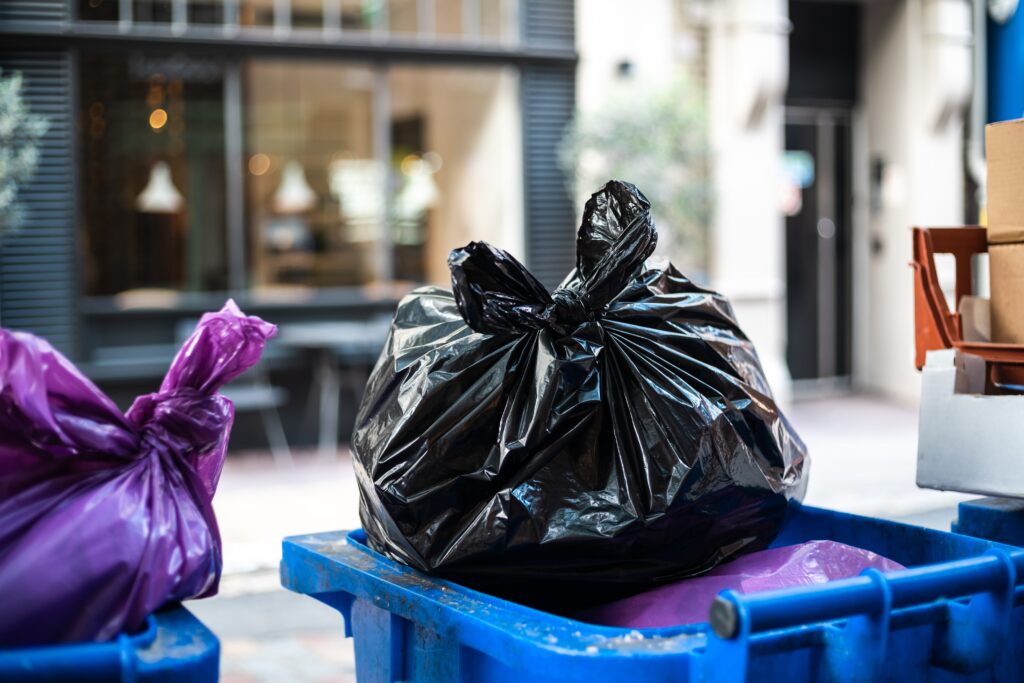Utilizing waste vegetable cooking oil for the production of biodegradable plastics represents a more sustainable approach. This could become an important discovery in chemical industry world. In a collaborative effort involving Sirim Berhad, Japanese packaging manufacturer Fujimori-Zacros, and Universiti Sains Malaysia (USM), the focus is on developing efficient processes for creating Polyhydroxy alkanoates (PHA), a biodegradable plastic, from local microbial strains found in waste vegetable cooking oil. The objective is to incorporate this biodegradable plastic derived from waste cooking oil into the manufacturing of disposable items such as cutlery and food packaging, aligning with the goal of fostering a sustainable and circular economy in the country.
The key component in this process is a locally cultivated bacterial strain capable of yielding substantial amounts of PHBV, a microbial biopolymer known for its excellent biocompatibility and biodegradability, making it a potential alternative to petroleum-based polymers. This approach also results in competitive pricing for the final product. Furthermore, a novel purification technique is employed, eliminating the need for hazardous chemicals and ensuring the production of pure bioplastics.
The advantages of using biodegradable plastic from waste vegetable cooking oil over traditional plastics are manifold. These advantages include preventing resource depletion, reducing greenhouse gas emissions, and contributing to the establishment of a circular economy. Another notable benefit is the well-being of workers, as the downstream processing incorporates a unique purification process that avoids the use of organic solvents, ensuring worker safety and reducing the necessity for extensive waste treatment.
Sirim’s President and Group CEO, Datuk Indera Dr. Ahmad Sabirin Arshad, emphasized that the collaboration between Sirim, USM, and Fujimori-Zacros enhances research capabilities, drives innovation, and promotes sustainable growth in today’s dynamic and interconnected business environment. This project builds upon USM’s strong research foundation and benefits from SIRIM’s team of bioprocessing experts, enabling the scaling up of bioplastics production. Additionally, the involvement of Japan’s Fujimori-Zacros group, an international packaging materials producer, signifies a significant step toward developing Malaysian Innovation Products that support environmental sustainability by utilizing local waste for reusable bioproducts. The project also underscores SIRIM’s commitment to leading the establishment of the Environment, Social, and Governance (ESG) agenda in its organizational activities, particularly in research and development, to drive the nation’s industrial sustainability.”
Image by Freepik via https://www.freepik.com

